As my kids each tiptoe towards the teen years, we spend less and less time learning as a group in order that they can each have more time exploring their own passions in the school day and beyond.
I have to keep reminding myself that this is as it should be. Deep, layered work requires that each individual be given time to pursue their own interests. When they were younger, we were sampling and surveying topics together. Now in their teens, my oldest three kids need even more space and time to chase a few specific things that they are most interested in. And the younger two aren't too far behind.
As always, we will adhere to a
four-day-a-week schedule. When reading through our curriculum choices, you can assume that the following items will be used four days a week unless otherwise indicated. An item with an asterisk is new to us this year.
With the exception of science, we will do all our content-rich subjects together. Core (skill-oriented) subjects like language arts and math will be done individually according to grade level. (I will be sure to share those in the coming days.) Technically, I don't homeschool with grade levels, so the following group subjects can easily be adjusted to meet the needs of a wide range of learners.
(This post contains affiliate links. Please see my disclosure policy for full details.)
Morning Time- every day
Our morning time is a non-negotiable in the schedule--an immovable anchor for the past 13 or so years that has helped to create calm in the daily chaos. While some moms pack their Morning Time full and overflowing, I like to keep it simple, including only the things that will build our faith and our relationships with God and each other. I figure if
I can start our day peacefully with this short but very intentional benchmark, I can count the entire day as a success even if the rest of it gets derailed.
Plus, I'm a firm believer that Morning Time should only contain the most important things. If I jam a million things into that time, then I'm basically saying that everything is equally as important, inadvertently making nothing important.
And like Charlotte Mason, I don't feel like kids should sit for hours doing lessons. I try to keep each part of our day short. Do I read aloud a fun fiction novel to my kids? Yes. Do we do content subjects like history and nature study as a group? Yes. But I place those activities in the day at other times. Because, in my opinion, they are not the most important things. Bible/Faith building and pleasure reading are my TOP 2 and so I put them first and set them apart in our agenda.
To be done daily
- Review one old hymn and/or praise and worship song from our homemade songbook.
- Review previously learned manners with 100 Manners to Teach Your Kids Before They Turn 18 list and read one page from Manners Made Easy for Families.
- Listen to one KidNuz podcast episode. (This is not a Christian podcast. But it is edited in kid-friendly sound bites, is only 5-6 minutes long, and gives us many talking points to explore regarding current events. Sometimes we agree with the show and sometimes we don't, but we have good discussions either way.)
To be placed in a "loop"

History- 2x a week
History should never be studied using a dry-as-dust textbook, in my opinion. It should always be learned through living literature, field trips, videos, and conversations with the real, flesh-and-bone people who lived it.
This year, I'll continue to use the
Children's Encyclopedia of American History as a spine to keep us moving forward and to connect the dots between major events. We'll read a section and then layer our learning with more detail, using the rich living books found in my trusty
Truth Quest guides to create homespun American History units. We will be picking up from where we left off last year at Westward Expansion.
(A quick note about DK books: These are secular sources that often tout liberal agendas. Since I know early American history fairly well, I feel confident in my ability to sift through any ideologies that would be considered revisionist history. However, I would not recommend DK history resources to all homeschool families.)
I'll also use the following resources:
- Notebooking Pages- This is an absolutely excellent resource for Charlotte Mason notebooking. I highly recommend purchasing the lifetime membership!
- our family timeline
Timelines of World History- This is a visual timeline that will help my kids see what was happening in other parts of the world during the same time as the event we're reading about in our Truth Quest books.
Extracurricular Activities
Following our afternoon read-aloud time each day, which generally happens right after lunch clean-up, my youngest three sons and I will do one of the four extracurricular activities together. These will be placed on a loop. We will do one activity each day and once we've rotated through all the activities, we'll start the loop all over again. Because I want to cover US Geography more frequently than all the other extras, I will place it on every other loop slot.
Our loop will be as follows:
US Geography
Creative Writing
US Geography
Art
US Geography
Documentary
US Geography
Along with many living picture books, we will use the following resources as spines to help us learn about the 50 states. We will then compile the information we learn in a homemade
US Geography Notebook. I hope by the end of the year, we'll be able to recall state names and capitals, have a working knowledge of state symbols (flag, tree, bird, etc.), and remember with fondness some regional cuisines.
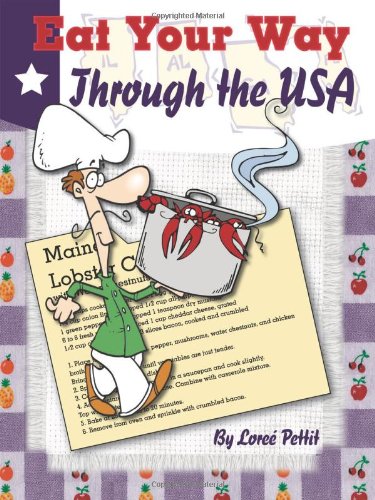
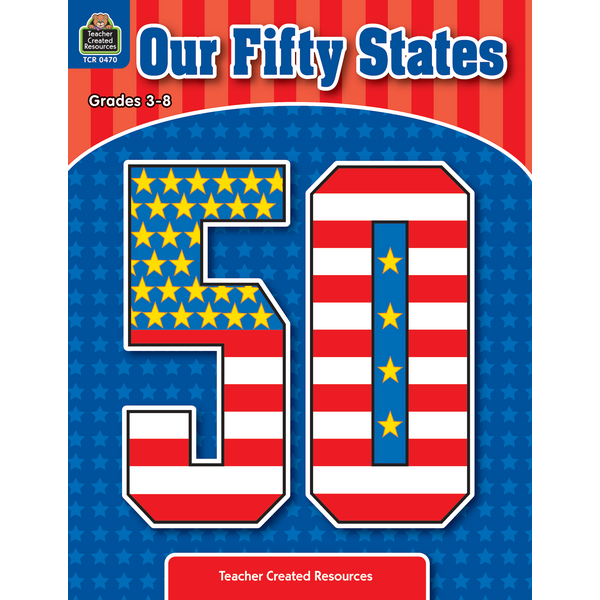

US License Plate Game- As we learn about a new state, we'll flip the corresponding license plate over. This will be a great continual practice for learning the locations of each state in relation to our state of Minnesota.

Creative Writing
Writing Start-Ups- This is a book of writing prompts. I will randomly select one each week and my younger kids will write a story and create an illustration that corresponds with the prompt. These will be creative stories. We always save expository writing for our individual grammar lessons.
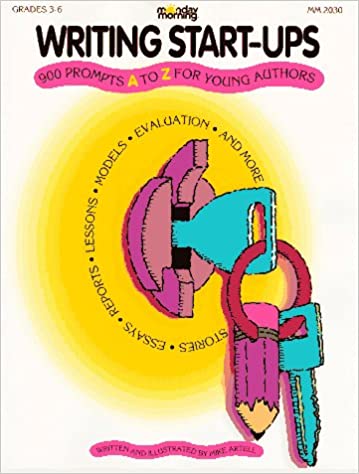
Art
Discovering Great Artists- In this study of the great masters, we will continue to learn proper art terminology, basic techniques, and creative style. In addition, we will be introduced to some popular artists, look at their most famous works, and spend time creating a project using their style or preferred art medium. These art pieces will be combined with a brief handwritten narration/bio of the artist and placed in the
Art Notebooks that we've been compiling for the past five or six years.
We will use the following two art encyclopedias for reference and art samples:
(Please note: Because these are art history books, they contain many nude portraits and require parental vetting and control.)
You Are An Artist Clubhouse- We have a membership to this online chalk pastel art course. We'll complete a chalk painting every now and then to add variety to our art time.

Documentaries
Like last year, once a week, we plan to watch a documentary or a How It's Made type show together, watching 30-minute increments for a couple of weeks until we've completed an entire video. Then we'll move on to another one the following week.
Cooperative Learning- 2-3x a month
We've been members of a local co-op for the past three years and will continue with that monthly enrichment throughout the coming school year. My kids will take two grade-level appropriate classes taught by other homeschooling parents each semester for a total of four classes each during the entire year.
2022-2023 Curriculum By Grade Level
Stay tuned in the coming days. I'll be sharing the curriculum that I've chosen for the individual core subjects for the following grades:
Curriculum choices from years past
2018-2019 (10th, 7th, 6th, 4th, 1st)2017-2018 (9th, 6th, 5th, 3rd, K-5)2016-2017 (8th, 5th, 4th, 2nd, Preschool)






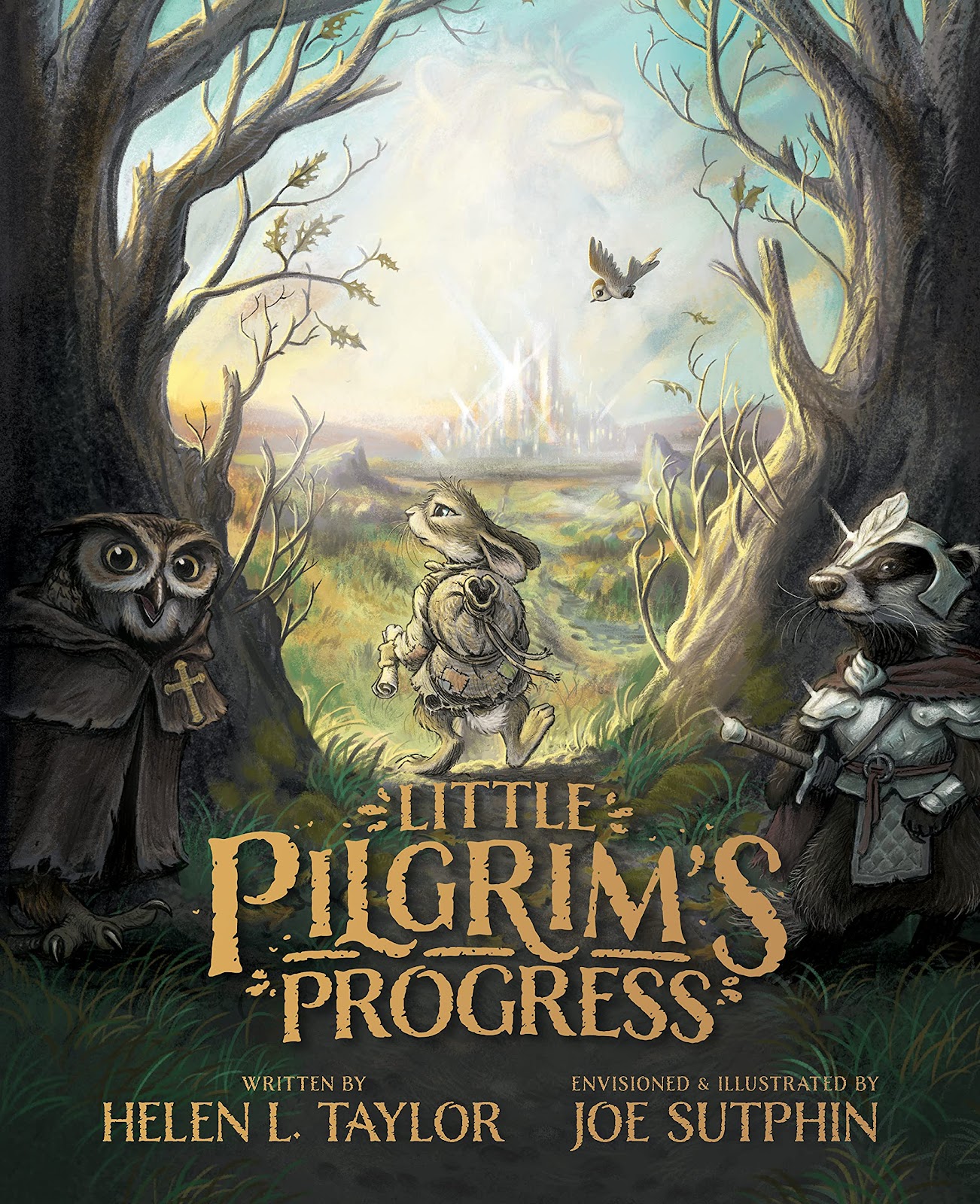






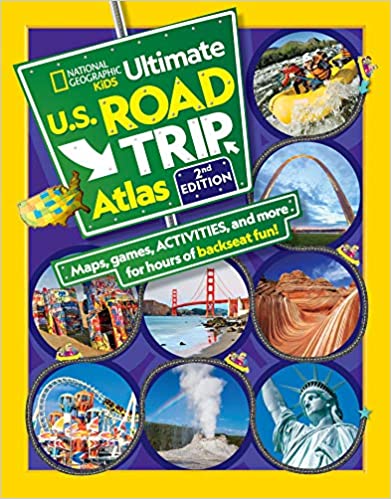






This is so very helpful! Thank you for taking the time to share!
ReplyDeleteHi Jamie. May I ask about Scripture memory? Over the years we have bounced between doing it together vs. each child having verses on their own level to study individually. I see pros and cons to each. When we have done it as a group, some of my children shine in their ease of memorizing, making others feel inadequate. How does this work practically speaking at your house?
ReplyDeleteGreat question. We have only ever done it together. At times, my kids memorize verses by themselves--verses for Sunday School or youth group. But for homeschooling/morning time purposes, we focus on a group verse. I actually think having other voices chime in helps the ones who struggle. Some families spend a week on one verse and just move on. We continue to practice each verse until everyone has it memorized. We also often memorize passages, not just random verses. So, it can take us several weeks or even a month. But I'd much rather have a few verses solidly memorized than many verses sorta memorized for a short time and then forgotten by the end of the year.
DeleteThank you!
Delete